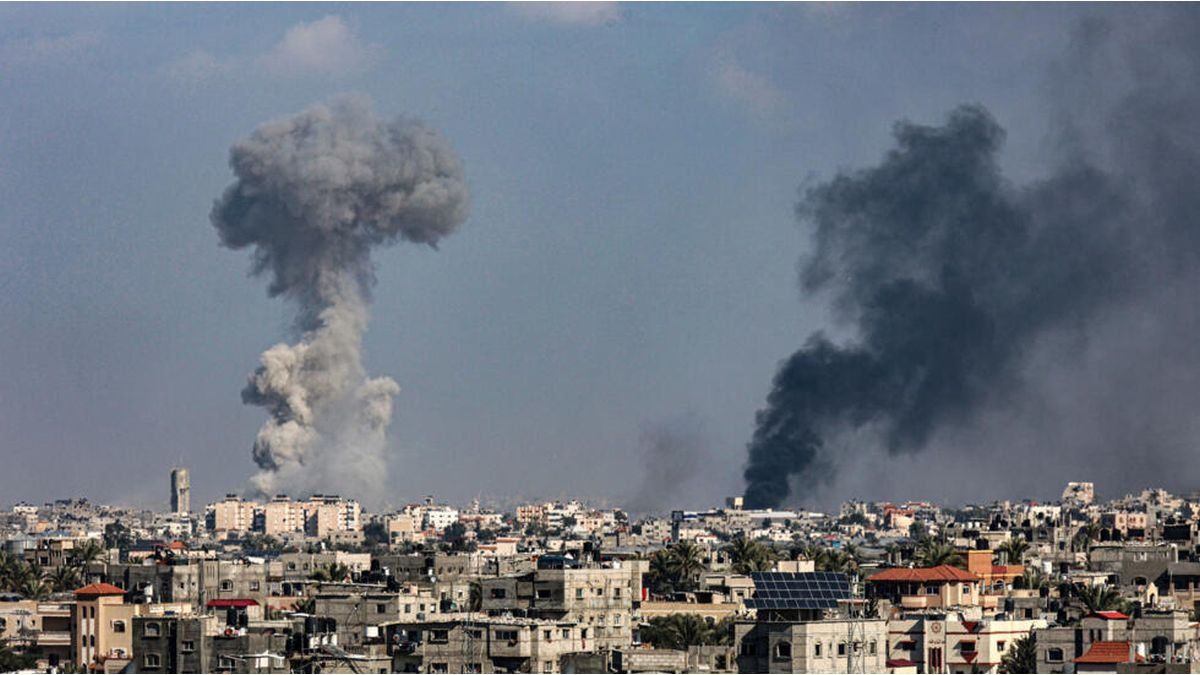The oil prices were stable on Tuesday in international markets, as investors weighed signs of a ceasefire in the Gaza conflict between Hamas and Israeland the reality on the ground in Middle East.
The futures of Brent crude oil fell 10 cents, or 0.12%, to $82.43 a barrel by 0923 GMT, while crude oil futures West Texas Intermediate (WTI) US oil fell 7 cents, or 0.09%, to $77.51 a barrel.
“Concerns around shipping disruptions in the Red Sea have supported a rebound in the price of Petroleum during the night, compensating for a Fed more aggressive that currently weighs on the demand side of the equation,” said Tony Sycamore, an analyst at IG in Sydney to Reuters.
The attacks by the Houthis, aligned with Iranin support of the Palestinians in Gaza, where Israel is waging war against Hamas, have increased the freight rates and shipping times, and on Monday the United States Central Command said that Yemeni rebels had unsuccessfully fired a missile at the US-flagged oil tanker Torm Thor in the Gulf of Aden on February 24.
However, in a sign of de-escalation in the conflict, the American president, Joe Bidensaid on Tuesday that Israel had agreed to halt military activities in Gaza during the Muslim holy month of Ramadanwhile Hamas was studying a draft truce proposal that includes a pause in fighting and an exchange of prisoners and hostages.
The oil prices were also supported by signs of improving demand in Chinathe world’s largest consumer of crude oil.
Also on Tuesday, Russian authorities announced a six-month ban on gasoline exports starting March 1 to offset increased demand and allow for planned maintenance at refineries.
The two references of Petroleum They rose more than 1% on Monday, following declines of between 2% and 3% the previous week, as markets factored in the possibility that rate cuts could take longer to occur.
The president of the Kansas City Federal ReserveJeffrey Schmid noted Monday that, like most of his central bank colleagues, he is in no rush to cut interest rates. High borrowing costs often reduce the economic growth and the demand for Petroleum.
On the other hand, eyes are on the group of producers OPEC+which will decide in March whether to extend voluntary production cuts to reinforce prices.
Source: Ambito




